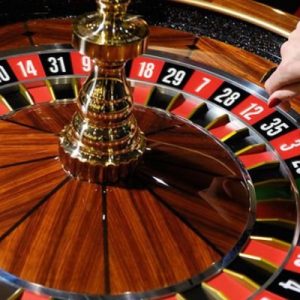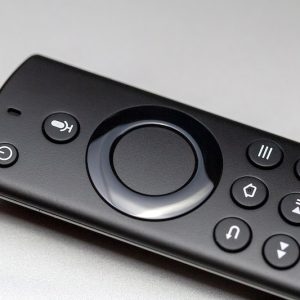Introduction
Louis Vuitton, a name synonymous with luxury, elegance, and sophistication, has captured the hearts of fashion enthusiasts worldwide for decades. However, the high price tags attached to genuine Louis Vuitton products have paved the way for a thriving market of replicas. These replicas, while often indistinguishable from the real thing, raise questions about authenticity, ethics, and the impact on both the fashion industry and consumers.
The Temptation of Replicas: A Closer Look
In a society where brand recognition and status symbols play a significant role, it’s no wonder that the allure of Louis Vuitton replica is strong. These imitations promise to grant consumers a taste of luxury without breaking the bank. From replica handbags to belts and accessories, the craftsmanship can be impressive, with attention to detail that can make it difficult to spot a fake at first glance.
The Ethical Dilemma
While the appeal of Louis Vuitton replicas is undeniable, delving into the world of counterfeit luxury goods raises ethical concerns. Counterfeiting not only infringes upon the intellectual property rights of the brand but can also be linked to illegal activities such as child labor and organized crime. Supporting counterfeit markets inadvertently contributes to these issues, casting a shadow over the seemingly innocent purchase of a replica item.
Quality vs. Authenticity: What’s at Stake?
One of the primary arguments against purchasing Louis Vuitton replicas is the compromise on quality. Genuine Louis Vuitton products are crafted with the finest materials and expert craftsmanship, ensuring durability and longevity. Replicas, on the other hand, might mimic the appearance but often fall short in terms of materials and construction. While replicas might provide a short-term solution for those seeking the look without the price, the long-term value and satisfaction might not compare to the genuine article.
The Impact on the Fashion Industry
The thriving replica market poses a significant challenge to the fashion industry. Luxury brands invest heavily in research, design, and innovation. The revenue generated from genuine products fuels these endeavors. The prevalence of replicas can lead to lost sales and ultimately hinder a brand’s ability to create and innovate. This impact resonates throughout the industry, from designers to manufacturers and retailers.
Legal Ramifications and Consumer Awareness
Purchasing and owning counterfeit goods, including Louis Vuitton replicas, can have legal consequences. Luxury brands actively protect their intellectual property rights and often take legal action against counterfeiters and buyers alike. As a consumer, being aware of these potential legal implications is crucial before engaging in the replica market.
Embracing Ethical Alternatives
For those who desire the elegance associated with Louis Vuitton but wish to steer clear of ethical dilemmas and subpar quality, there are alternatives. The pre-owned luxury market offers authentic, gently-used Louis Vuitton items at a fraction of the original price. Additionally, supporting emerging designers and brands that prioritize ethical practices and sustainability is a responsible way to satisfy your fashion cravings.





